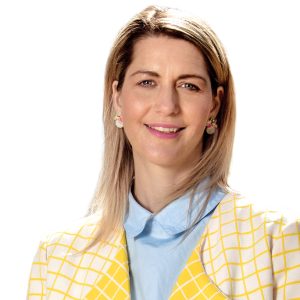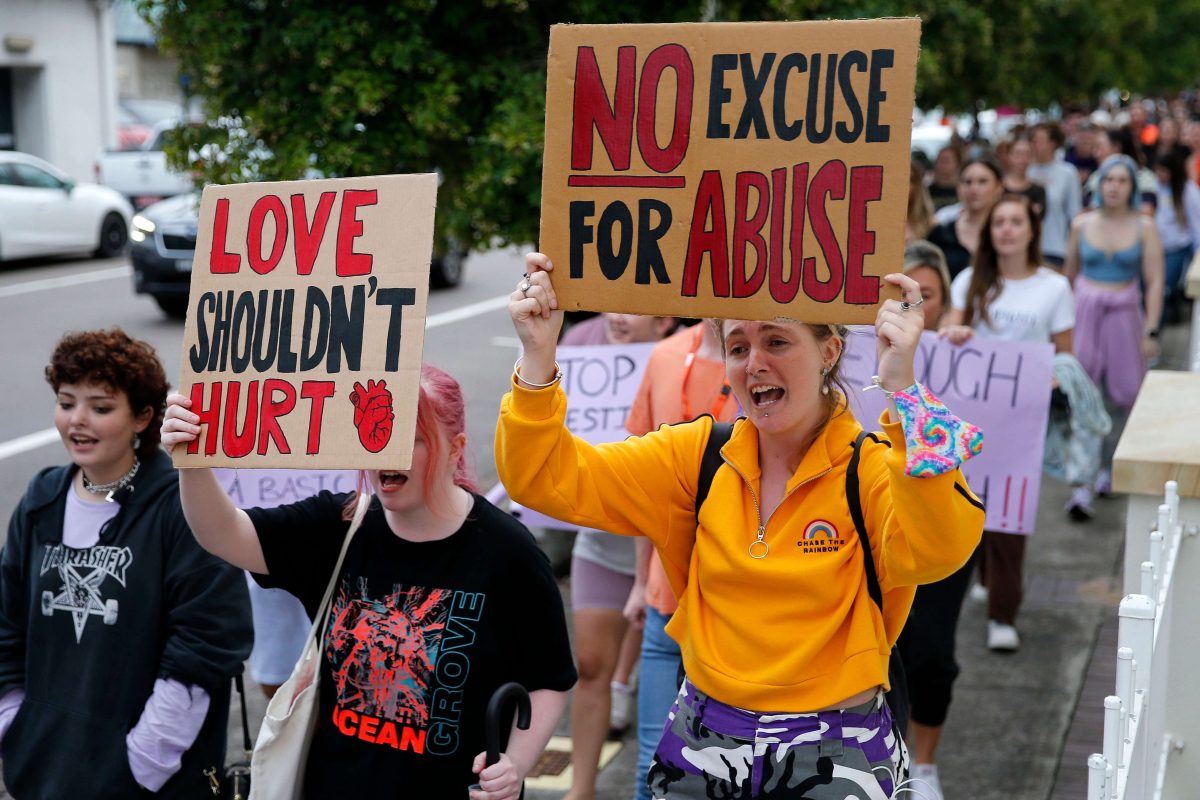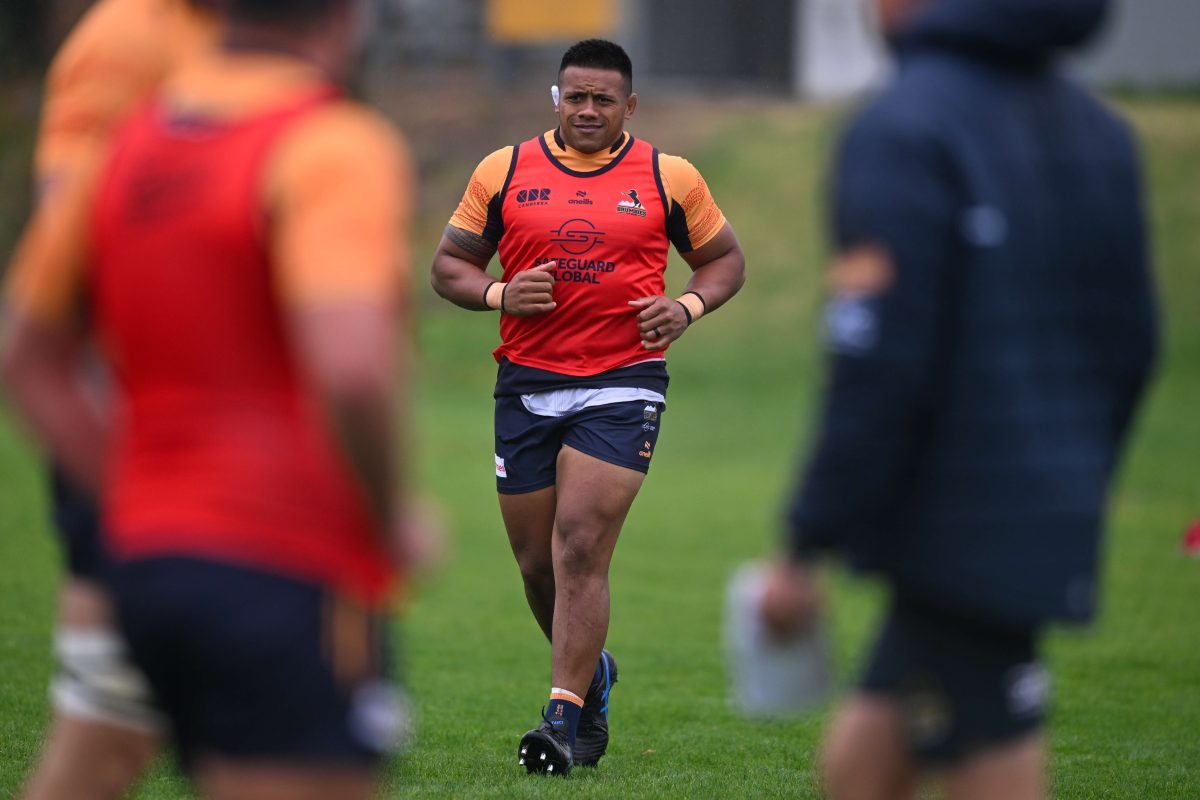
SPEEDSTERS caught breaking the law would have their licence taken away and their cars impounded if the Australian Federal Police Association (AFPA) has its way.
The association’s president Alex Caruana is recommending officers be given the power to strip drivers of their licences on the spot if they are caught speeding on Canberra roads.
“That power already exists for hoons but not for someone caught speeding or racing with intent,” said Caruana, 40.
“Currently, if someone is caught speeding say 50 kilometres per hour over the limit they get a ticket, drive off, and 10 minutes later they are going to be speeding again.
“Being able to take that licence and car away from them means you immediately eliminate the risk to the Canberra community.”
Stronger police powers targeting speeding was one of a number of issues that the AFPA would like to see adopted.
Caruana, who represents some 4000 AFP members, has also questioned whether current sentencing in the ACT acted as a sufficient deterrent to repeat offending.
“We would argue that a recidivist traffic offender who’s been caught 15 times drink driving, and speeding should not have a licence, but because that person is out and not in jail serving time they go and steal another car and get behind the wheel,” he said.
“Because a lot of people are being given intensive corrections orders, behaviour bonds or are out on bail, the message that’s being sent to the criminals is ‘you’ll get to see your family tomorrow’.”
He was also critical of the ACT government’s recent decision to decriminalise small amounts of illicit drugs, and the message it would send to drug dealers in Canberra and across the country.
“What it has essentially done is said to the crooks and organised crime ‘come to Canberra, we will roll out the red carpet for you, come and have your parties and sell these drugs’,” he said.
Other potential reforms that might impact adversely on the association and its members, included the suggested removal of spit hoods – a mesh bag placed over the head of a detainee to stop them from biting or spitting – championed by Greens MLA Andrew Braddock.
“No one in the ACT has ever died because of a spit hood… to me it seems as if it’s all about political point scoring,” said Caruana.
“They [politicians] have never strapped on a pair of boots, put on a belt and gone out there and dealt with the dangerous part of the community.”
Although not a police officer himself, the Canberra born-and-raised Caruana, is an expert in forensic ballistics and has worked with the AFP since 2006.
Elected as president last year, Caruana said he felt a constant pressure to look after AFPA members.
“I beat myself up a bit sometimes because I feel as though I have 4000 members that I have to do the right thing for… it certainly stretches me,” he said.
Caruana had visited many crime scenes in his time in forensic ballistics and was all too familiar with the confronting scenes faced by police following shootings.
“You see, smell, do and experience things that no other human should or does experience,” he said.
Learning to cope and deal with those experiences was one of the challenges of the job, Caruana said.
That’s why the AFPA was calling for “presumptive mental health legislation”, which excused officers from reliving those events in order to receive the compensation they were entitled to.
“With the presumptive legislation, we are saying if someone has a tinge of an illness they can go in straight away and see a doctor, because the quicker they get help the more likely they are to recover and become a fully functional member of the AFP again.”
Caruana has his own unique way to take his mind off the stress of the job, he catches snakes in his spare time.
“If you are thinking about work while you are trying to catch the world’s second deadliest snake you are going to get bitten, so it forces you to not think about some of the things you have seen or smelt or experienced,” he said.
In an interesting career to date, perhaps the highlight for Caruana was being awarded the Timor-Leste Solidarity Medal and a Presidential commendation for conducting the forensic ballistic investigation on the assassination attempts on the then East Timorese president and prime minister Jose Ramos Horta and Xanana Gusmão.
“I was the only forensics person that was firearms ballistic trained there at the time… it was an eye-opening experience.”
Caruana rounds out his pitch by calling for greater resourcing for his members, pointing out they are the lowest paid and least resourced police force in the country.
“We have the lowest numbers of police officers in 2022 per capita than we did in 1970,” he said. “We need more police.”
Who can be trusted?
In a world of spin and confusion, there’s never been a more important time to support independent journalism in Canberra.
If you trust our work online and want to enforce the power of independent voices, I invite you to make a small contribution.
Every dollar of support is invested back into our journalism to help keep citynews.com.au strong and free.
Thank you,
Ian Meikle, editor





Leave a Reply